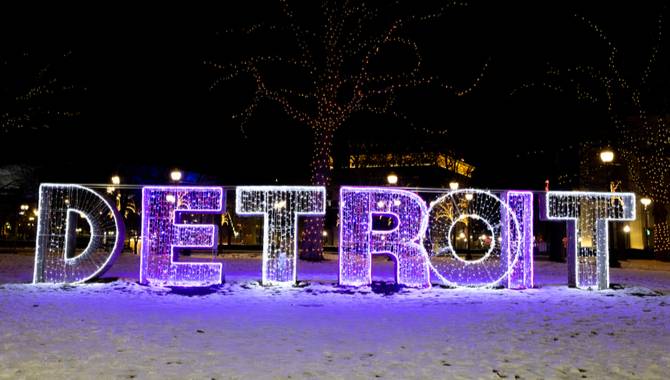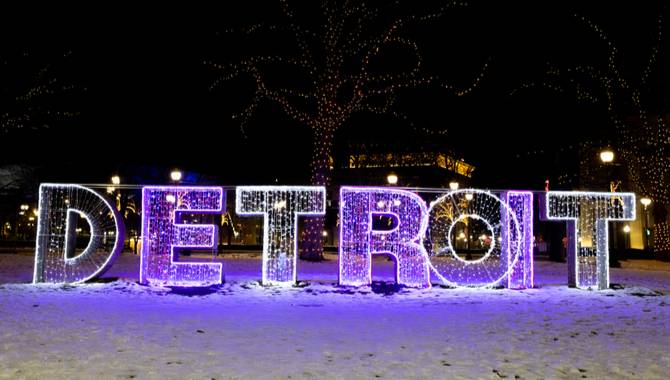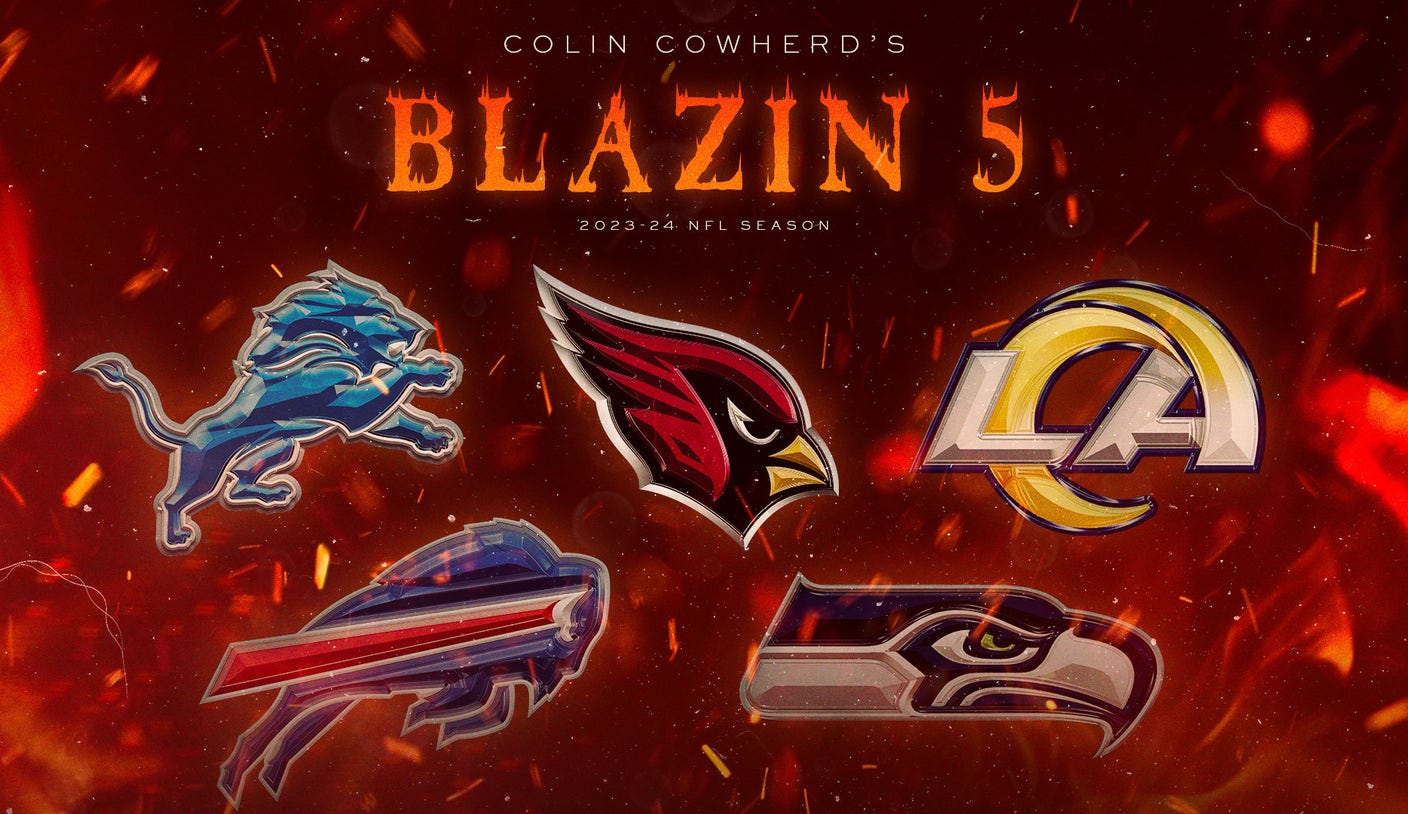
Altogether, the city’s three commercial properties recorded $100.9m in monthly aggregate revenue, almost all of which came from table games and slots.
Up 14% when compared to January 2021, these activities generated $98.97m, while retail sports betting contributed a considerably more modest $1.93m in qualified adjusted gross receipts (QAGR), though this was enough to push the casinos’ revenue over the $100m mark.
Of the trio’s combined monthly total, the MGM Grand Detroit held a 49% market share, while Greektown Casino’s revenue amounted to $20.45m, up 4.1% year-on-year (YOY), while MotorCity Casino Hotel was responsible for a further $29.87m, down 9.9% YOY.
And while retail sports betting generated substantially less than table games and slots, its contribution was not insignificant.
January’s total handle was $35.87m. From this, Greektown’s QAGR amounted to $929,796, while MotorCity and the MGM Grand generated $521,493 and $481,785 respectively.
However, despite their relatively healthy performance, the casinos’ total revenue was down 11% from the prior month. QAGR, meanwhile, dropped 52.4% from January 2021, though it was up 74.8% when compared to December.
Altogether, they paid $8m in gaming taxes to the State of Michigan, up by $1m when compared to January last year. They also submitted $11.8m in wagering taxes and development agreements to the City of Detroit.
The state received $73,070 in taxes on retail sports betting, while the three casinos reportedly submitted $89,308 in retail sports betting taxes to the city.



